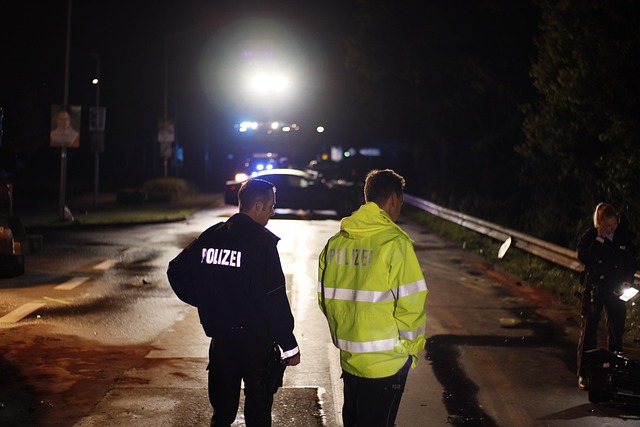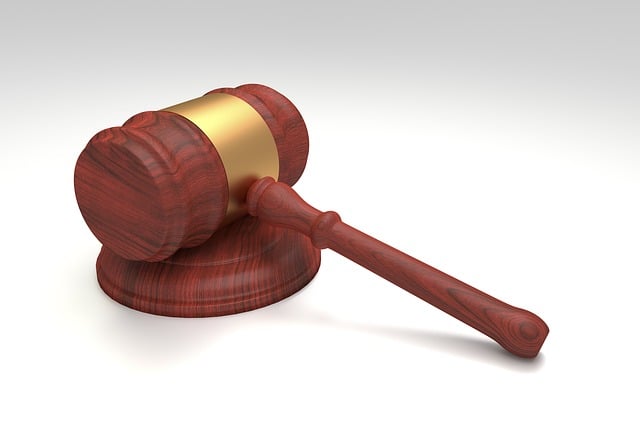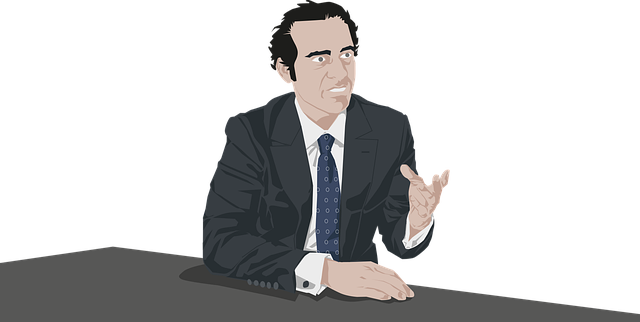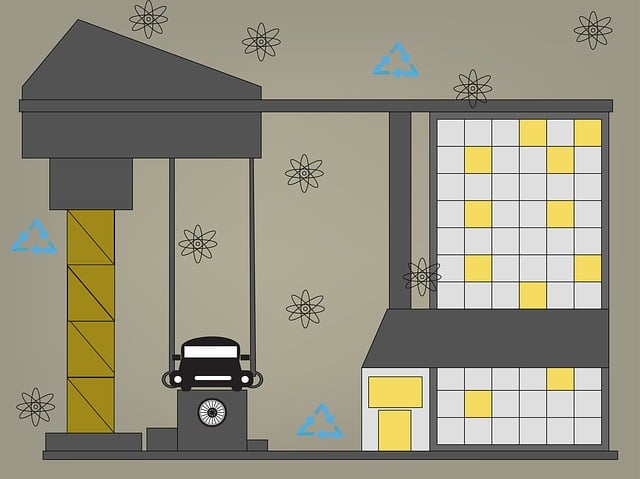Wrongful death cases involve complex quantification of immeasurable losses, including companionship and support, against legal precedents. Courts assess economic (medical bills, lost wages) and non-economic (pain & suffering, loss of companionship) damages uniquely, ranging from nursing home neglect to slip and fall accidents. Specializing attorneys navigate complexities to secure fair compensation for families, balancing emotional trauma and financial losses in determining wrongful death redress.
In the heart of every wrongful death case lies a complex quest for justice and reconciliation. When a loved one is wrongfully taken, courts step in to determine appropriate wrongful death compensation. This intricate process involves navigating emotional turmoil and financial loss, with judgments guided by state laws and unique challenges. Understanding these dynamics is crucial for families seeking closure and fair redress, as it sheds light on the factors influencing compensation amounts and the legal pathways to justice.
- Understanding Wrongful Death Cases and Their Unique Challenges
- – Definition of wrongful death and common causes
- – The emotional vs financial impact on families
Understanding Wrongful Death Cases and Their Unique Challenges
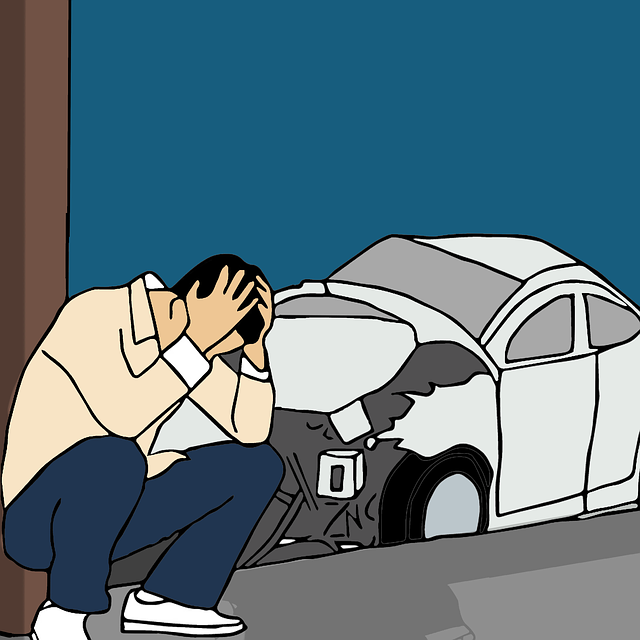
Wrongful death cases present unique challenges for both plaintiffs and courts. When a person’s life is suddenly cut short due to someone else’s negligence or intentional act, it’s crucial to quantify the immeasurable—the loss of a loved one’s companionship, support, love, and contributions to the family. This process requires careful consideration of various factors, including economic losses like medical expenses and lost wages, non-economic damages such as pain and suffering, and punitive damages in cases of gross negligence or intentional misconduct.
Each wrongful death case is distinct, with its own set of circumstances and consequences. For instance, nursing home neglect cases often involve complex medical issues and may lead to significant long-term care needs for surviving family members. Slip and fall accidents, while seemingly simple, can result in severe injuries and substantial medical bills. Therefore, courts must assess each case holistically, balancing the unique details against established legal precedents and guidelines for determining just and fair wrongful death compensation amounts.
– Definition of wrongful death and common causes

Wrongful death occurs when an individual loses their life due to another person’s negligence or intentional actions that breach a legal duty. This can arise from a variety of situations, such as auto accidents caused by distracted driving, medical malpractice resulting from misdiagnosis or improper treatment, and workplace injuries stemming from unsafe conditions or employment disputes. These tragic events not only cause immense emotional distress for loved ones but also have significant financial implications.
Determining wrongful death compensation amounts involves assessing the economic losses incurred by the deceased’s family, including medical bills, lost wages, and future earnings potential. Additionally, non-economic damages like pain and suffering, emotional anguish, and loss of companionship are considered. In cases involving complex matters such as real estate litigation or employment disputes, an auto accident attorney specializing in wrongful death claims may be crucial to navigate the legal complexities and ensure that the family receives fair and just compensation.
– The emotional vs financial impact on families

When determining wrongful death compensation amounts, courts must balance the emotional impact on families with the financial losses they have incurred. While monetary awards can never replace a loved one, they are meant to provide some measure of justice and support for the surviving family members. The emotional distress caused by losing a family member is often profound and unique to each individual, making it challenging to quantify. Courts consider factors such as the relationship between the decedent and their survivors, the mental anguish experienced, and the loss of companionship, care, and guidance.
On the other hand, financial impact includes expenses like funeral costs, medical bills incurred before death, lost wages, and the potential future earnings the deceased would have contributed to the family. An auto accident attorney or slip and fall attorney advocating for wrongful death compensation aims to ensure these aspects are accurately assessed. Ultimately, the goal is to provide fair and just redress that recognizes both the irreplaceable emotional loss and the tangible financial consequences of a wrongful death.
Courts determine wrongful death compensation amounts by meticulously weighing the unique circumstances of each case, considering both the emotional and financial impacts on the surviving family members. Factors such as loss of companionship, medical expenses, and future earnings potential are assessed to arrive at a fair and just award that reflects the true value of a loved one’s life. Understanding these dynamics is crucial for individuals navigating wrongful death claims, ensuring they receive appropriate compensation for their profound loss.

